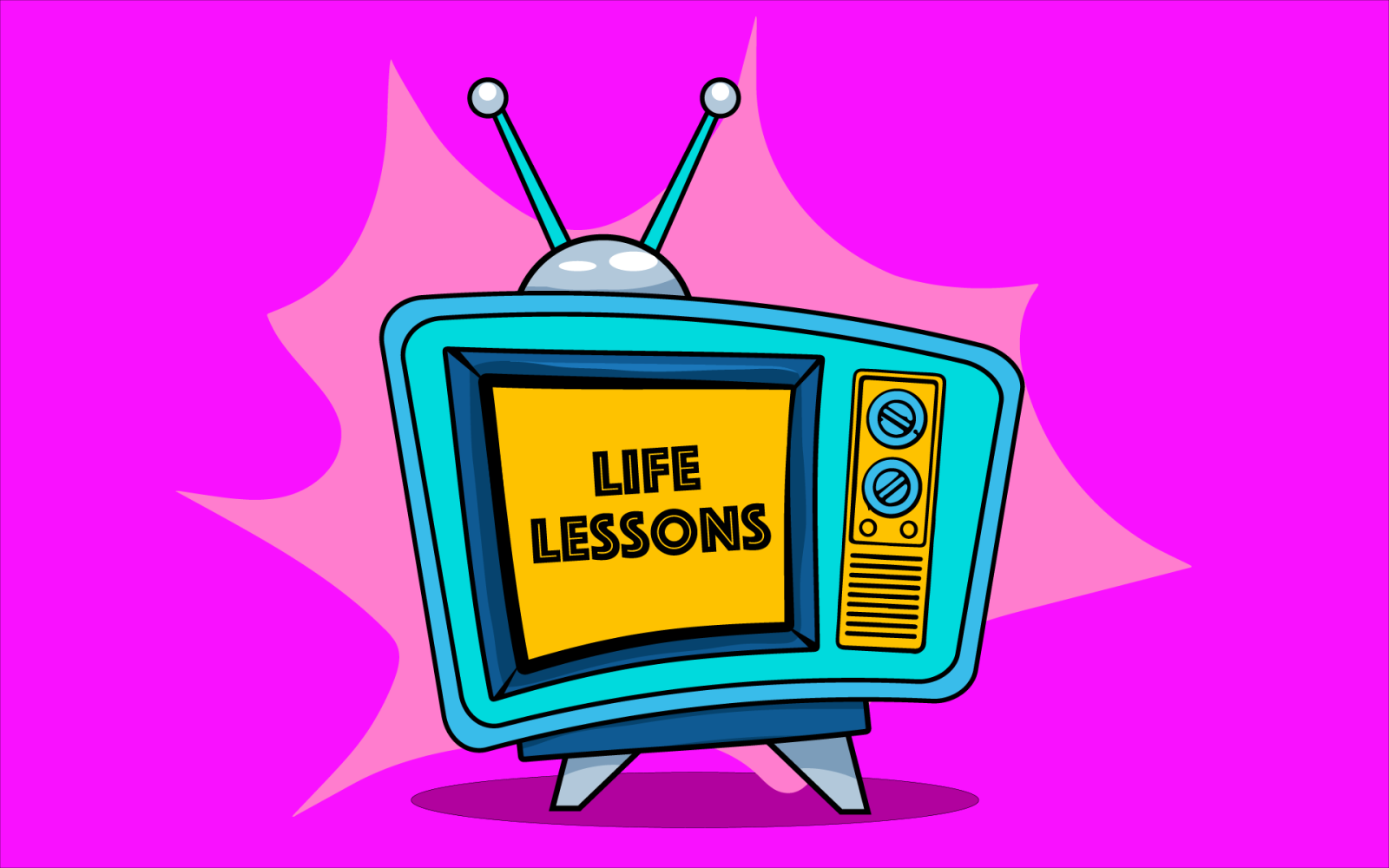Yes, it’s time to click and twist my tongue around isiXhosa again

It’s never too late to learn the languages that make you feel at home.
There are things I regret not doing – like learning to surf, cracking the Rubik’s Cube, and playing the guitar.
Whenever I sit around a campfire and someone whips out a guitar, strumming with breezy confidence, my soul quietly weeps. That could have been me, I think.
That’s why I don’t go camping anymore. Regret begets regret. It’s a vicious, tangled web of lament.
(I don’t regret not running marathons, though; some boundaries should never be crossed.)
But one of my biggest regrets cuts deeper than missed hobbies. It’s about missed connections.
I regret not being able to say, Iqaqa laziqikaqika kwazw kwaqhawaka uqhoqhoqha.
According to the Guinness Book of World Records, this isiXhosa phrase is the world’s hardest tongue twister.
It means: “The skunk rolled down and ruptured its larynx.”
Skunks aside, what truly stinks is that I never learned to speak Xhosa. Or as the cool kids say: Ndifuna ukuthetha isiXhosa.
This regret slapped me in the face at the traffic department recently (because where else would life lessons occur?)
I watched as people greeted each other cheerfully – clicks flying, laughter bubbling – while I was stuck mumbling silently in English, stranded at a linguistic disadvantage.
At first, I was grumpy that I was being excluded from the fun, but then I realised I wasn’t being excluded – I had excluded myself by refusing to budge from my monoglot comfort zone.
If you want to talk to me, you’d better learn my language.
Years ago, living in Grahamstown (now Makhanda), I decided to fix this.
I enrolled in a Xhosa beginners’ course at Rhodes University. Our teacher, Pamela, introduced us to the holy trinity of clicks: x, c, and q.
The “x” is like urging a horse to giddy-up; “c” sounds like tut-tutting your dad’s latest dad joke; and “q” (oh, the dreaded “q”) is like a champagne cork popping out of your mouth.
Good news, though: Pamela said practising these clicks might not make perfect, but it makes it less catastrophic.
Determined, I infused these clicks into everyday English sentences with varied success.
“Did you hear the duck quack?” I’d ask, click-popping the “q” for full dramatic effect. When the person recoiled in confusion, I’d add: “You almost collapsed!”, tut-tutting the “c” in collapse for emphasis.
My friends gradually stopped inviting me to dinner parties.
Learning Xhosa opened a window into a whole different worldview. For example, in Xhosa, you don’t say, “I missed the bus.” Nope, you say, “I was missed by the bus.”
The bus is actively ignoring you, which feels brutally honest in a way English never captures.
Also, it’s considered impolite to greet older people by their first names or to jump straight into conversation without proper pleasantries.
It’s a language that teaches patience, respect, and makes you realise every interaction is significant.
After a few shaky lessons, I unleashed myself on the streets of Makhanda, trying out greetings and asking random people “uhlalapi?” (where do you live?)
My clicks were tentative, maybe even traumatic for bystanders. I mangled and mixed-up words.
But my awkward attempts broke down barriers, sparked smiles and chuckles, and earned encouragement from strangers who appreciated that I was trying.
The real joy was in feeling I belonged a little more.
When I greeted a man and he responded, “Molo wethu”, I beamed with pride. What he had said was “hello ours” (wethu means ours).
It’s a warm, endearing greeting that implies kinship. When Xhosa people use the word “wethu”, they are saying that you belong to them.
Sadly, life’s hustle and bustle swept me away before I could master that tongue twister or become truly bilingual. My clicking dreams faded, but the regret remains.
Regret is a burden, yes, but also a motivator. I can’t rewind and become a surf legend or Jimi Hendrix, but maybe there’s still time to click my way forward.
And just maybe, one day, I’ll tell someone the tragic tale of the poor skunk with an injured larynx.
In the meantime, sala kakuhle abahlobo bam.




